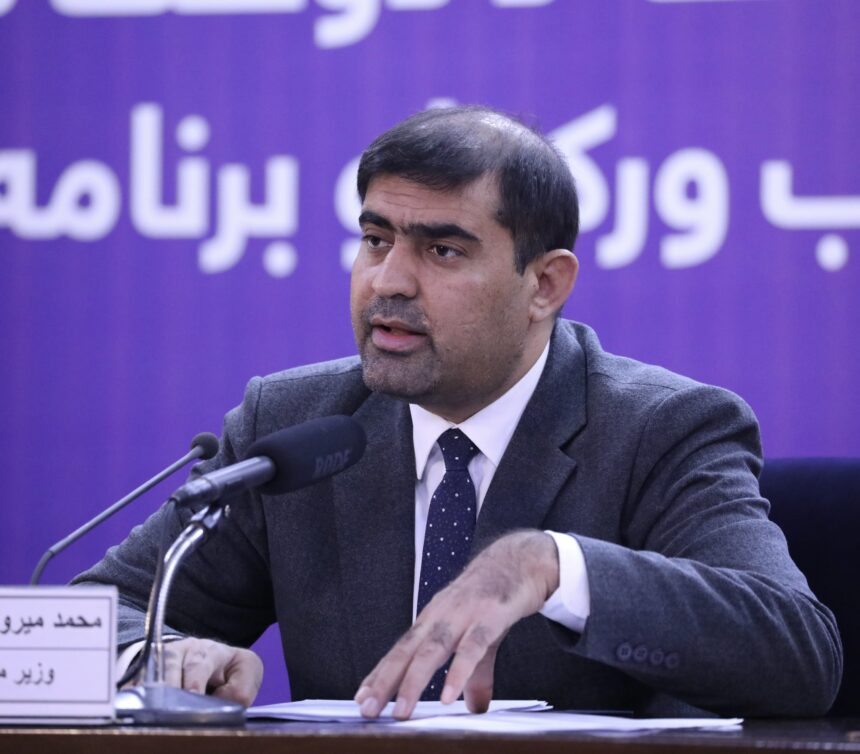RASC News Agency: Mirwais Balkhi, the former Minister of Education of Afghanistan, has issued a stark warning about the devastating consequences of the Taliban’s aggressive expansion of religious seminaries. In an article published by the Wilson Center, he cautioned that the Taliban’s sweeping changes to Afghanistan’s education system are not only pushing the country toward total collapse but also posing severe threats to global security. Drawing from his tenure as Minister of Education, Balkhi vehemently criticized the Taliban’s policy of “Talibanizing schools,” arguing that these systematic changes are dismantling modern education in Afghanistan. He highlighted the imposition of informal dress codes on students, the radical alteration of curricula, and the exclusive recruitment of teachers from religious seminaries tactics deliberately designed to cement the Taliban’s hold on power, suppress internal dissent, and prevent defections to extremist groups such as ISIS and Al-Qaeda.
Balkhi recounted a critical moment in 2019, during his time in office, when the Taliban demanded the removal of civic and cultural subjects from school curricula in Paktika province an effort that was successfully resisted at the time. However, following the Taliban’s return to power in 2021, these subjects were entirely eliminated from Afghanistan’s education system. According to Balkhi, the number of religious and jihadist seminaries has skyrocketed under Taliban rule, fostering a generation devoid of essential skills and societal capacity. He warned that this trajectory would not only exacerbate poverty and economic decline but also fuel extremist ideologies, further expanding the recruitment pool for terrorist organizations. Notably, he cited alarming figures indicating that over 150,000 students graduate annually from Taliban-run religious schools graduates who, he asserted, lack the skills necessary for employment in both domestic and international markets.
The former education minister further elaborated on the broader societal implications of this trend, emphasizing how the proliferation of jihadist seminaries is embedding Taliban ideology deep within Afghanistani society. To illustrate, he referenced a 2001 incident in Kabul where a young man was publicly punished for shaving his beard a stark reminder of the Taliban’s enduring social and cultural influence. Balkhi also underscored the mass exodus of Afghanistani families to neighboring countries such as Iran and Pakistan, driven by the Taliban’s systematic denial of educational opportunities for their children. He pointed to the educational struggles faced by Afghanistani refugees and stressed the urgent need for support structures, including autonomous schools, to address their academic needs.
In conclusion, Balkhi urged the international community to abandon its passive stance on the Taliban’s education policies and instead establish a global education consortium dedicated to Afghanistan. He warned that neglecting this crisis would lead to catastrophic humanitarian and security repercussions, accelerating Afghanistan’s descent into irreversible collapse.






